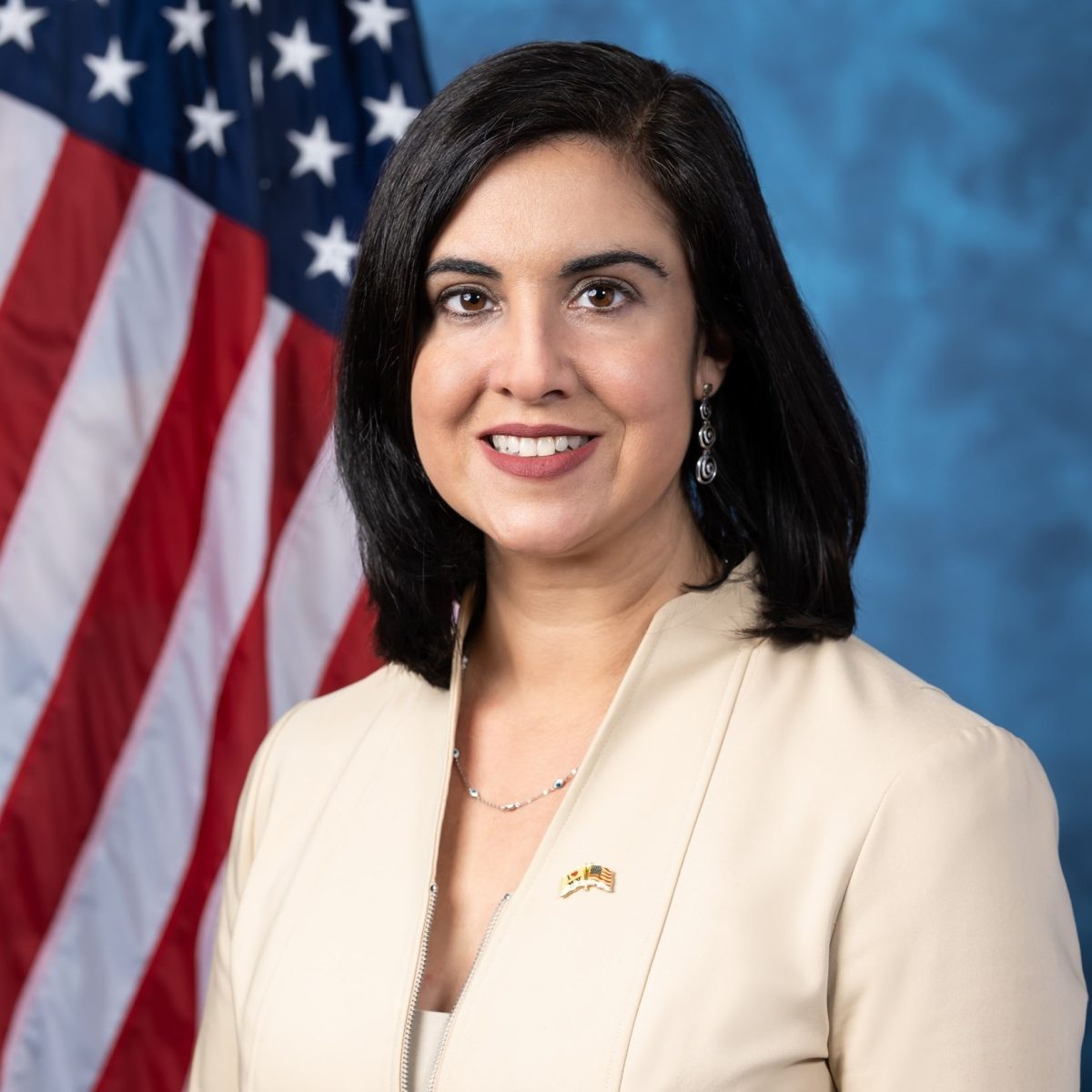Going beyond traditional coursework, CUNY’s latest initiative highlights efforts to promote financial literacy among college students.
The Money Smart Financial Coaching Program, backed by JPMorgan & Chase Co., introduces a structured yet personalized approach to financial education.
By merging financial coaching with classroom instruction, the new course aims to help students build credit, manage debt and develop long-term financial stability.
The course – which was announced on March 27 – is being offered at Bronx Community College, City College and Medgar Evers College with support from J.P. Morgan’s initiative.
The program is offered at seven other colleges nationwide – either as a credit-bearing course for degree-seeking students, or as a noncredit option for adult learners in workforce training programs.
CUNY Chancellor Félix Matos Rodríguez emphasized the university’s commitment to equipping students with financial knowledge that would serve them well beyond graduation.
“CUNY takes seriously its responsibility to prepare our students for all aspects of their futures,” Rodríguez said in a news release.
“Financial education can be transformative for a person at any part of their life journey, so we are incredibly grateful to the Money Smart Financial Coaching Program and J.P. Morgan for providing this essential resource for our students.”
The initiative expanded on a financial health summit held at Medgar Evers College in October 2024.
The program also reflects CUNY’s ongoing investment in student financial well-being, CUNY said in the news release.
An integral component of the program is direct engagement with local Chase bank managers who provide financial guidance through lectures without promoting banking products or services.
“Education is the first step on the pathway to a solid financial future,” Nichol King, a market director for community banking at J.P. Morgan, said in the release.
“This program empowers students to take charge of their finances while driving positive academic, career and personal outcomes.”
The program has already demonstrated measurable success nationwide, according to data.
An independent evaluation found that 35% of students saved money over three consecutive months, averaging $2,016 in savings.
Additionally, 67% of students achieved at least one financial goal, while 27% reduced their debt by an average of $2,263.
Among students who worked on improving their credit, 18% increased their credit score by an average of 52 points.
Retention rates also improved significantly, with 72% of first-time, full-time two-year college students returning to school, which is nine points higher than the national average.
Four-year college students at Long Island University and Winston-Salem State University saw retention rates of 85% and 82%, respectively.
The course is designed to support students – especially those with the greatest financial need – and equip them with both academic knowledge and practical financial skills.








